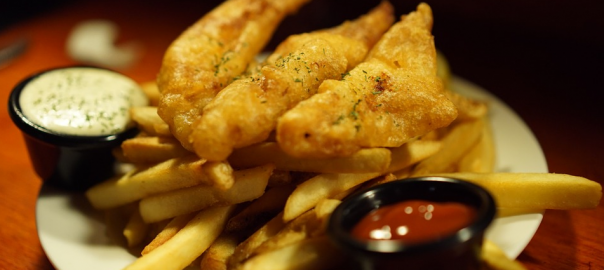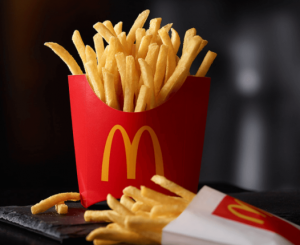My brain is reeling. The following headline made me shudder. “The Ulcerative Colitis Drug Market Will Increase from $1.7 Billion in 2010 to $3 Billion in 2020 as New Agents Will Offer Additional Lines of Therapy for Moderate to Severe Disease.” This is only the latest of an increasing number of articles that have come through on my news feed recently.
Sidestepping slightly I will share that I have a personal, vested interest in articles like this. You see I was diagnosed with UC almost seven years ago. This was after over 12 years of misdiagnosis with IBS. Before I learned what was wrong with my digestive system I struggled with some of the less pleasant aspects of UC. And frequently wondered what was wrong. Fortunately for me I found answers, especially answers that worked for me, for my bio-individual body. I also discovered that I'm one of the lucky ones. I have a mild case. Mild enough that aside from an occasional flare-up I am able to control my UC through diet. I have friends who have had to undergo surgery to have large sections of their colon removed.
Because I don't take medication on a daily basis it's easy to get cocky sometimes when things are going well. And the holidays are especially tough with all of the temptations that surround you. But when I stray from my nutritional plan and routine I know it; my body makes it very clear that I've not been paying attention. Stress is also a huge trigger and I work hard at living a more mindful life, focusing on what's important to me and how I handle stress. I like to think that over time I've gotten better at it but it is an ongoing process.
So why does that headline above bother me so much (and why am I sharing all of this personal information)? It bothers me because if you read the article that accompanies it you'll see that it almost crows about the growth in the market and the need for pharmaceuticals. Don't get me wrong I am certainly not advocating that someone who needs pharmaceutical intervention for the UC shouldn't take it, quite the opposite. However, phrases such as “promising novel agents” and ” sales of maintenance therapies in 2010 accounted for nearly three-quarters of major-market ulcerative colitis sales” and “will contribute to an increase in sales of maintenance therapies as well as an increase in sales of acute therapies” all point toward a burgeoning market that is being driven toward medication with no effort to look at the underlying causes. More than a billion dollars in growth over ten years is a powerful market force.
I'm frustrated because in my own journey toward health, and that of clients that I work with, our concerns and questions are often disregarded; we are simply advised to take medication. My first GI doctor was skeptical when I told him I wanted to change my diet. But he didn't stop me and I was able to avoid the need for daily meds. While I'm certainly not cured, I'm definitely better. And many people I know with UC lead much more manageable lives (some with and some without medication) by paying attention to their diet and whatever their personal triggers may be (stress being one of the biggest).
If we are experiencing huge growth in the market for this type of a disorder isn't it worthwhile to look into the root cause? Sadly I believe the answer is no because then the pharmaceutical industry wouldn't be able to sell anything, or as much of anything as they are obviously planning on doing now. Again, I want to make it perfectly clear that I would never, under any circumstances, tell someone to stop taking their medication. I do, however, question why our current system does not seek answers by looking at the whole picture. Why the system simply accepts that this, sometimes debilitating, condition is growing by such large numbers. Shouldn't we be helping people learn how to better meet the needs of their body rather than throwing medication at the “high unmet need?” Shouldn't we be figuring out why so very many people are starting to come down with this disease?



 For example, a large french fries from McDonald's is technically one serving (so is a small french fries by the way). That large fries contains 510 calories and 24 grams of fat. That's 37% of the daily value of fat calories for someone who eats a 2,000 calorie a day diet.
For example, a large french fries from McDonald's is technically one serving (so is a small french fries by the way). That large fries contains 510 calories and 24 grams of fat. That's 37% of the daily value of fat calories for someone who eats a 2,000 calorie a day diet.